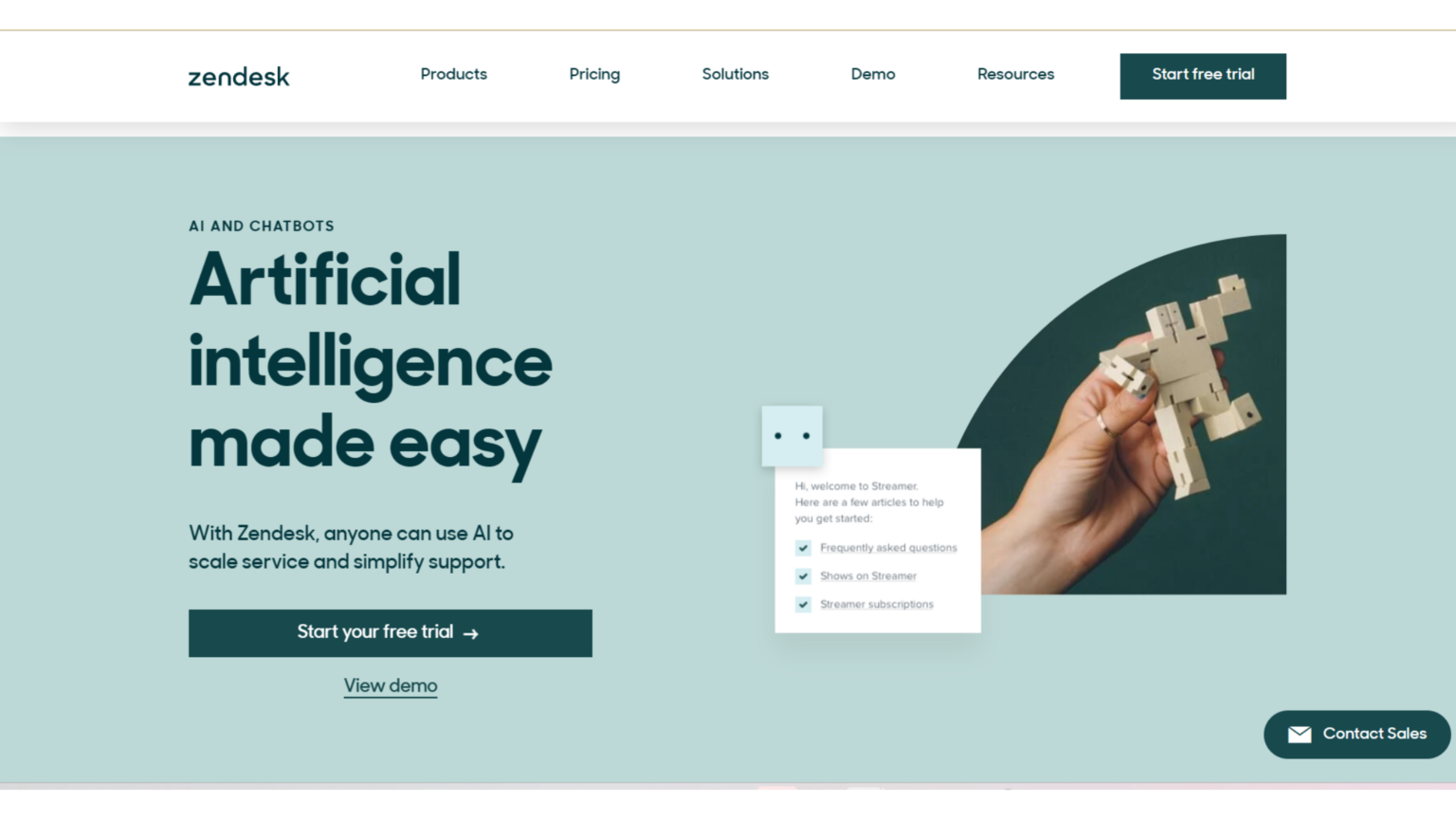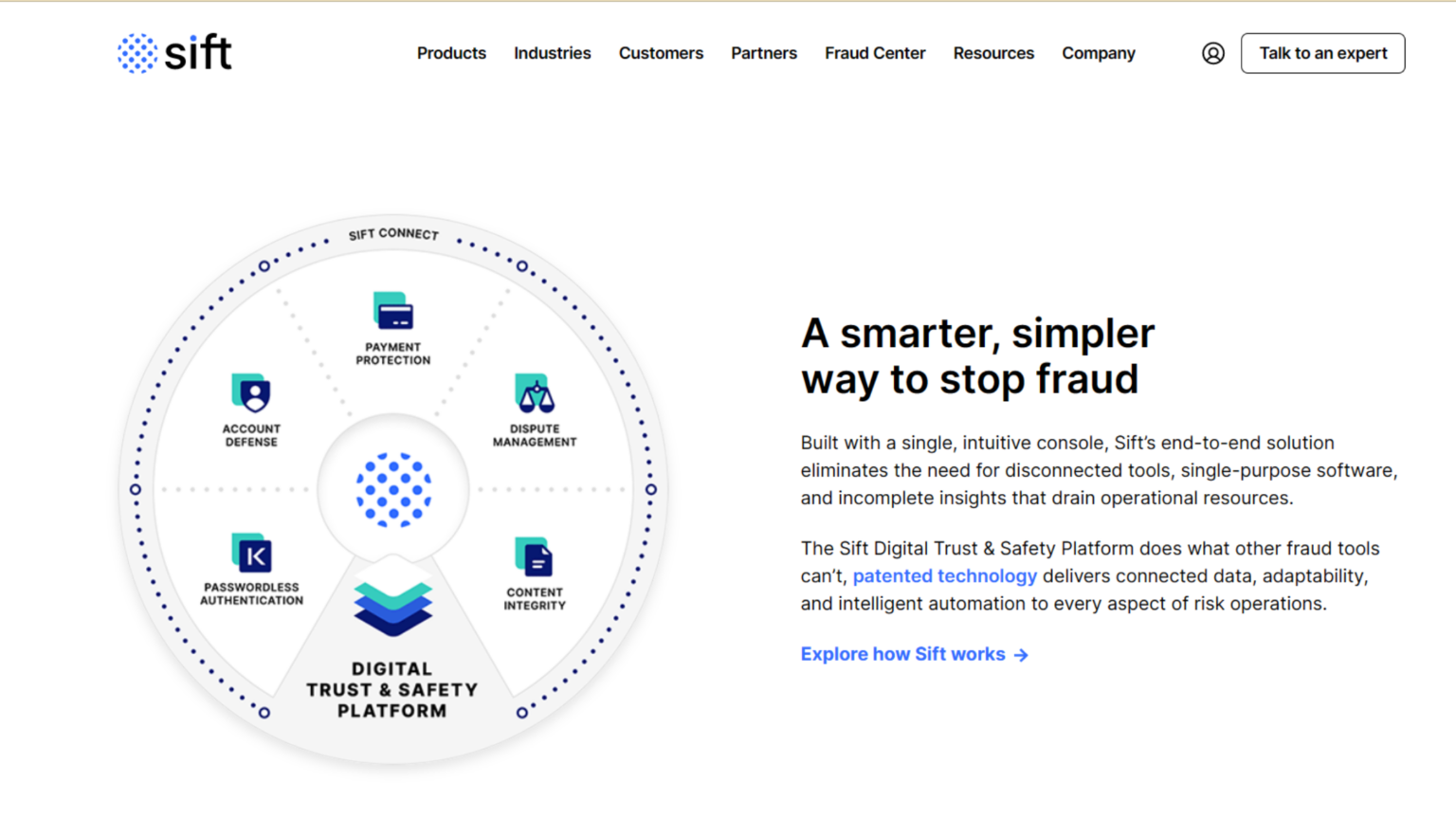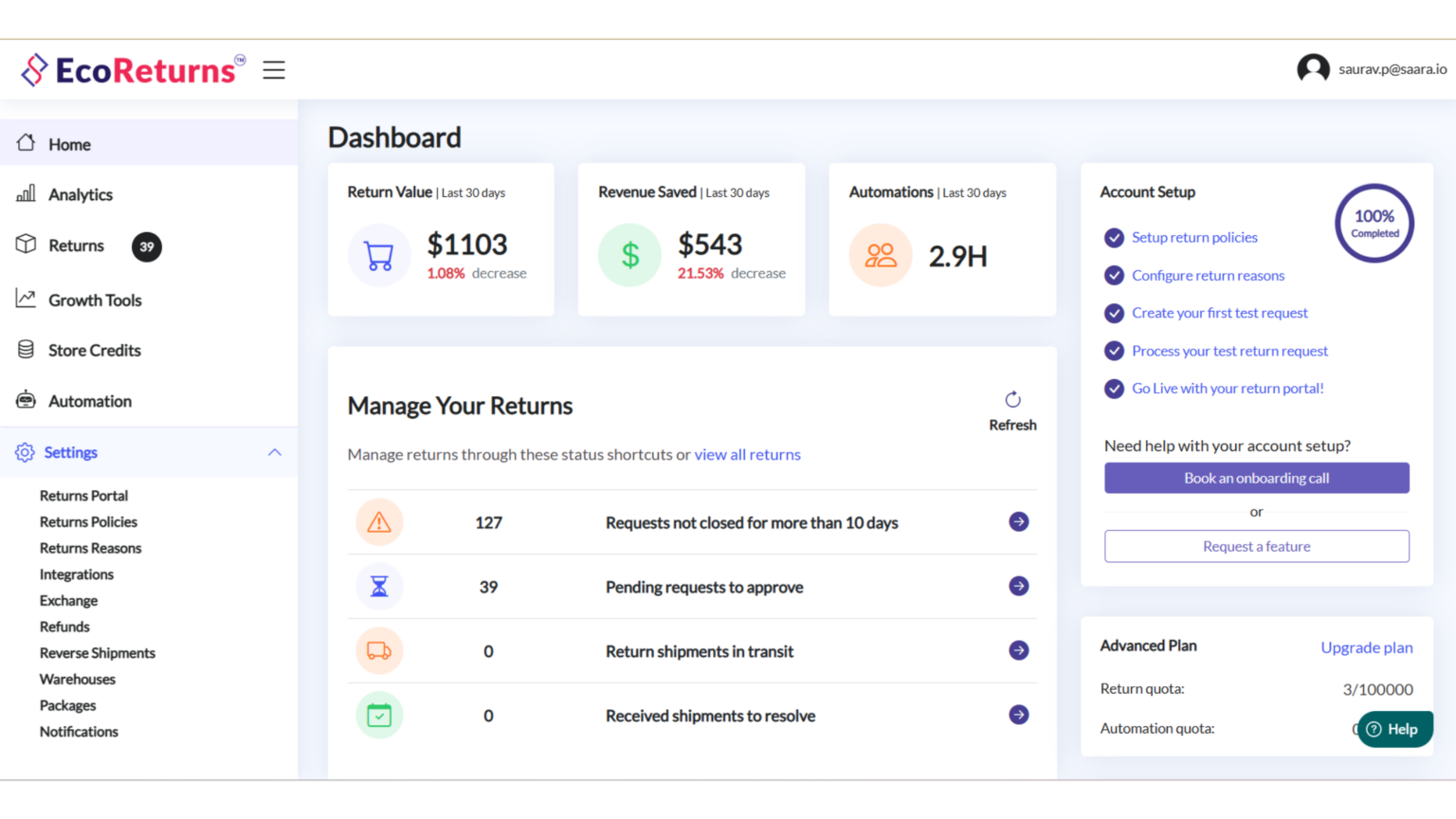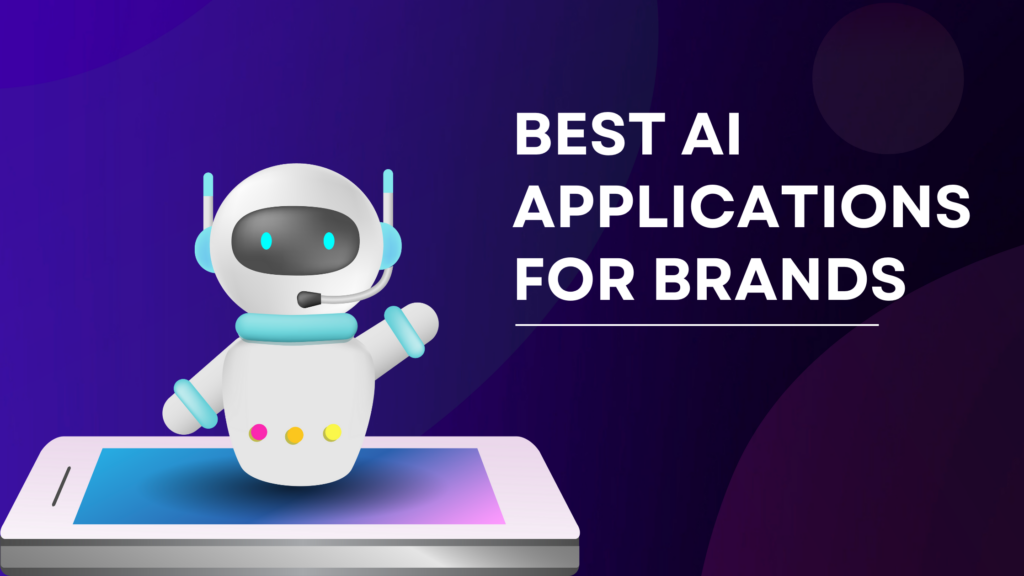Are you tired of sifting through endless spreadsheets and data sets to make informed business decisions? Do you dream of a world where technology can do the heavy lifting for you? Well, it\’s time to introduce you to the magic of Artificial Intelligence (AI) in eCommerce. As Ajay Kumar Sood, Principal Scientific Adviser, Government of India, rightly stated, \’the AI revolution will drive India towards becoming a Viksit Bharat\’. We are already seeing AI-based applications making waves in the e-commerce sector.
AI isn\’t just for sci-fi movies and tech giants anymore. It\’s revolutionizing the eCommerce industry, making it easier for brand owners to manage their businesses and delight their customers. From optimizing inventory levels to predicting demand and managing returns, AI applications in eCommerce are changing the game.
And let\’s face it, as much as we love our spreadsheets and pie charts, we all want a little help from technology now and then. With AI, brand owners can make more informed decisions, save time, and ultimately increase revenue.
So, without further ado, let\’s dive into the world of AI-powered eCommerce and explore the best AI applications out there-
Personalization
One of the most significant benefits of AI in eCommerce is personalization. By analyzing customer data and behavior, AI algorithms can provide relevant recommendations, customized promotions, and personalized content. This technology can significantly enhance the shopping experience, ultimately leading to increased sales and customer loyalty.
Example- Dynamic Yield is an AI-powered personalization platform that uses machine learning algorithms to analyze customer behavior and data to provide real-time personalized experiences. Check them out here.

Customer Service
AI-powered chatbots are becoming increasingly popular in eCommerce, providing customers with quick and efficient answers to their questions. These chatbots can also assist customers with placing orders, tracking deliveries, and handling returns. AI chatbots are available 24/7, providing businesses with round-the-clock customer support.
Example- Zendesk\’s Answer Bot is an AI-powered chatbot that uses machine learning algorithms to provide customers with instant answers to their questions and support queries.

Visual Search
Visual search technology uses AI to identify and match images, allowing customers to search for products using images instead of text. This feature can significantly enhance the shopping experience, especially for customers who struggle to describe what they are looking for in words.
Example- Slyce is an AI-powered visual search platform that allows customers to search for products using images instead of text. The platform can be integrated into an e-commerce business\’s website or mobile app to provide a more engaging and personalized shopping experience.
Fraud Detection
AI-powered fraud detection algorithms can quickly identify fraudulent transactions and prevent chargebacks, saving businesses time and money. These algorithms can also analyze data to identify patterns that indicate fraudulent behavior, providing additional protection for e-commerce businesses.
Example– Sift Science is an AI-powered fraud detection and prevention platform that helps e-commerce businesses to identify and block fraudulent activities on their platforms.

Inventory Management
AI-powered inventory management can help businesses optimize their inventory levels by predicting demand and automatically reordering products when necessary. This technology can also analyze sales data to identify trends and patterns, helping businesses make informed decisions about which products to stock.
Example– TradeGecko is an inventory management platform that uses AI to automate and optimize inventory management processes.
It uses predictive analytics to forecast demand and optimize inventory levels. The platform can also automatically reorder products when inventory levels fall below a certain threshold, reducing the risk of stockouts and overstocking.
Price Optimization
AI algorithms can analyze pricing data and adjust prices in real-time based on factors such as demand, competitor prices, and inventory levels. This technology can help businesses stay competitive and maximize revenue.
Example– Competera is a pricing platform that uses AI algorithms to analyze market data and optimize pricing strategies.
It analyzes market trends and competitors\’ pricing strategies, providing businesses with real-time pricing recommendations. The platform can also automatically adjust prices based on changes in market conditions, ensuring that businesses always have competitive pricing.
Voice Commerce
Voice commerce has become an increasingly popular way for customers to shop online. AI-powered voice assistants can assist customers with placing orders, tracking deliveries, and handling returns, making shopping more convenient than ever before.
Example– Google Assistant is an AI-powered virtual assistant that can help customers make purchases using voice commands.
Google Assistant can integrate with e-commerce platforms such as Shopify and Magento, allowing businesses to offer voice-enabled shopping experiences to their customers. Customers can use Google Assistant to search for products, add items to their cart, and complete the checkout process using voice commands.
Productivity Management
Productivity management within a team in e-commerce involves orchestrating collaborative efforts to achieve common goals efficiently. It encompasses effective communication, task delegation, and the use of collaborative tools to streamline workflows. Clear roles and responsibilities should be defined to avoid duplication of efforts, and regular team meetings can facilitate updates and problem-solving.
Example: BeforeSunset AI is an AI daily planner tool for busy professionals that plans your day based on your schedule and to-do list. Or, you can create a plan yourself by syncing your calendar. It provides analytics to get insights for sunsetting the day stress-free.
Returns Management
Returns management is an essential aspect of e-commerce, and it has a significant impact on customer satisfaction and loyalty. AI-powered returns management can provide businesses with an efficient and cost-effective way to manage returns.
ChatGPT-based EcoReturns for Returns Management
We are launching the world\’s first ChatGPT-based returns solution for eCommerce businesses worldwide. Manage your returns better and faster with the first-ever chatgpt-based returns system with a human touch. Know more here.
EcoReturns uses the power of AI and machine learning to optimize the returns process and reduce returns and returns fraud. Its 3-layered returns reduction technology analyzes multiple parameters to tell merchants the best course of action to reduce returns.

Final Say
So, there you have it! A world of endless possibilities with AI applications in e-commerce. From personalized product recommendations to optimized pricing strategies, and returns management, AI can help you take your e-commerce game to the next level.
But fear not, for with great power comes great responsibility. It\’s important to use AI in a way that benefits both your business and your customers.
So go forth, and embrace the power of AI. Just don\’t forget to keep things human and entertaining, because let\’s face it, nobody wants to talk to a robot with no sense of humor.


